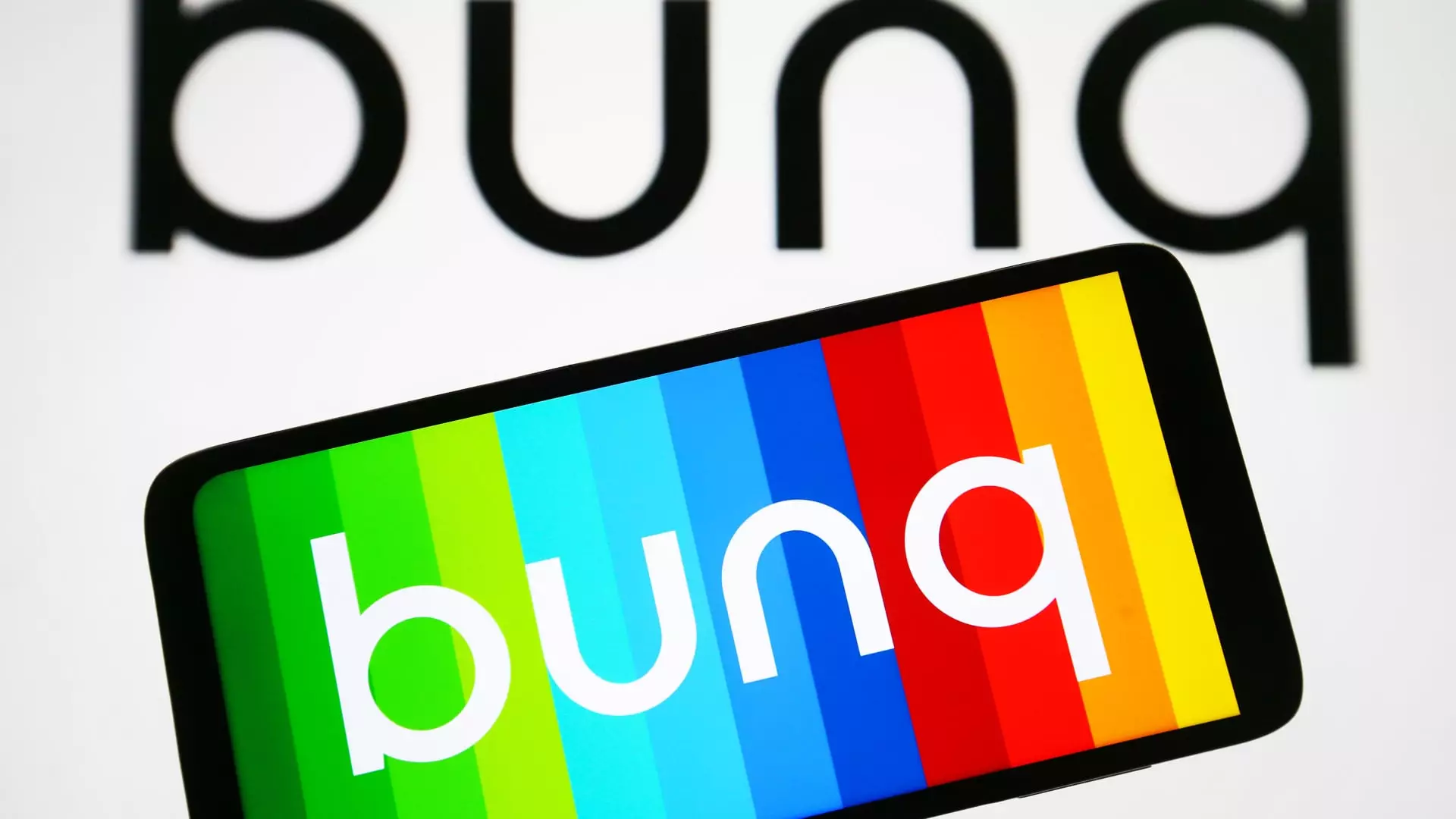Bunq, the Dutch digital bank, is poised to make waves on the American banking scene. As the company pushes forward with its application for broker-dealer registration in the U.S., CEO Ali Niknam heralds a new chapter for a bank that has defined itself as a haven for “digital nomads.” This term encapsulates a burgeoning demographic of individuals who can work remotely from anywhere, and this focus is what sets Bunq apart from traditional banks that often cater to brick-and-mortar customers. Some may question the viability of Bunq’s move, especially given America’s already saturated banking sector. However, this is precisely why Bunq’s unique market positioning could disrupt conventional banking norms.
Broker-Dealer Registration: A Gateway to Growth
Bunq aims to secure a broker-dealer license to broaden its service offerings within the U.S. market. While Niknam can’t provide a definitive timeline for obtaining full banking authorization, his excitement is palpable. This topic raises a question: why is federal registration essential? For Bunq, a broker-dealer license acts as a stepping stone to eventually offering a comprehensive suite of services that aligns with the lifestyles of its target demographic. Digital nomads crave flexibility, and it is this desire for adaptability that Bunq seeks to fulfill. The foresight to target a demographic that transcends geographical boundaries in an increasingly interconnected world adds a layer of innovation rarely seen in traditional banking.
Financial Soundness in a Competitive Landscape
Not to be overlooked, Bunq recently reported a staggering 65% year-on-year profit increase to €85.3 million ($97.2 million). This can only amplify the bank’s credibility as it seeks to establish roots in the U.S. market. The financial growth is mainly attributed to rising net interest income driven by a high interest rate environment. It would be remiss to not recognize that Bunq’s financial prudence enables it to offer competitive interest rates in the European market—a major selling point for budget-conscious digital nomads. The future looks so bright for Bunq that it’s tempting to wonder why challenges in securing a full U.S. banking license persist. Such challenges must be navigated carefully to maintain the momentum garnered from its recent successes.
Navigating the Regulatory Minefield
Bunq’s past attempts to establish a U.S. footing haven’t been without missteps. After initially filing for a Federal banking charter in 2023, the company withdrew its application due to regulatory friction between Dutch and American authorities. This sequence of events sheds light on the complexities of cross-border banking and the regulatory challenges that startups face in such environments. Many innovators falter when confronted with a regulatory labyrinth, yet evidence suggests that Bunq is keenly aware of its inadequacies. By reorienting its strategy to first secure a broker-dealer license, it demonstrates a more cautious but strategic approach—biding its time rather than rushing into potentially tumultuous waters.
High Stakes Amid High Interest Rates
While sector peers like N26 and Monzo have also thrived in the high interest rate climate, it raises the stakes for Bunq. The digital bank’s capability to offer compelling interest rates is advantageous but not foolproof. Central banks across Europe and North America have already hinted at interest rate cuts to combat declining inflation, a scenario that could impact profitability across the board. Niknam, however, appears unfazed, banking on a diversified revenue model to buffer the impending decline in interest-driven income. Each strategic move they make should be scrutinized under this lens—not only to distance themselves from undue dependency on interest income but also to showcase the multifaceted revenue streams integral to a sustainable business model.
Competing with Giants: The American Landscape
The U.S. banking industry is no mere playground for innovative startups like Bunq. It’s a heavily saturated market dominated by behemoths such as JPMorgan Chase and Bank of America, as well as fintech disruptors like Chime and Robinhood. It begs the question: can a European company truly carve out a niche in this crowd? Bunq’s success will rely heavily on leveraging its unique brand identity that aligns with the modern lifestyle of mobile professionals—offering seamless international transactions, budgeting tools, and an overall user experience that resonates with its travel-centric clientele. If it can effectively highlight these features, Bunq may find that it has an edge over traditional banking institutions bogged down by outdated customer service paradigms.
In a world where banking is evolving at an unprecedented pace, Bunq’s attempt to redefine what it means to be a financial institution has the potential to alter the landscape radically. Its journey toward establishing a foothold in the U.S. is a high-stakes adventure, teeming with challenges but equally filled with opportunities for innovation and disruption.

